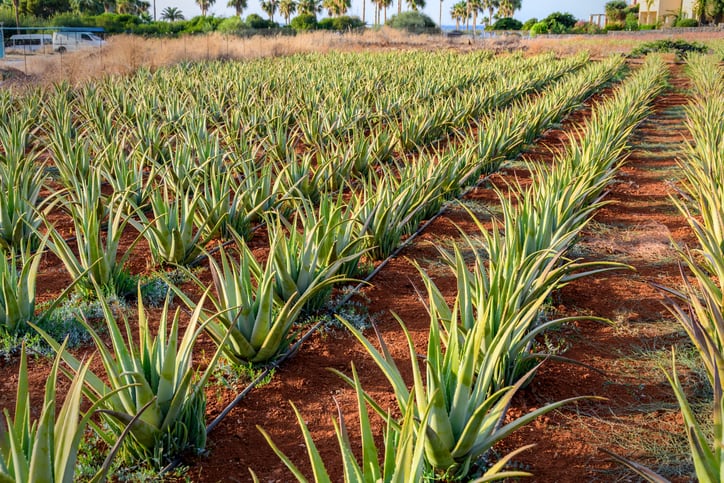More than a year ago BAPP released a draft for of its SOP for the disposal or destruction of irreparably defective materials. The document went through a comment phase and BAPP is now in the process of incorporating changes suggested in those comments, according to American Botanical Council founder and executive director Mark Blumenthal, who spoke with NutraIngredients-USA at the recent SupplySide West trade show in Las Vegas, NV.
BAPP is a joint venture between ABC, the American Herbal Pharmacopoeia and the National Center for Natural Products Research at the University of Mississippi. The program is now in its ninth year, and 54 peer reviewed publications to its credit, Blumenthal said.
Contract language included in proposal
The defective materials SOP provides contract language manufacturers can use with their suppliers to lay out iron clad stipulations for how out of spec shipments will be processed. If an irreparably defective shipment is discovered—for example, one powdered herb that has been diluted with another, cheaper herb, with no way to separate the two—that shipment will be destroyed at the supplier’s expense.
This is to prevent the all too common practice of suppliers taking back rejected shipments and then shopping them around to find another buyer, meaning understrength, ineffective products get sold on to consumers. In response to the comments received, Blumenthal said BAPP has revised the SOP and proposed contract language as well as created a third portion of the program which includes a specific non disclosure agreement.
“We have received a total of 106 public comments and we’ve revised the document, including the proposed contract language,” Blumenthal said.
In this period when changes to DSHEA are being considered on the 25th anniversary of the law, Blumenthal said the SOP and contract language are visible way in which the industry is stepping up the self regulation plate.
“This puts more empowerment on the company who is the buyer to help regulate the supply chain,” Blumenthal said.



